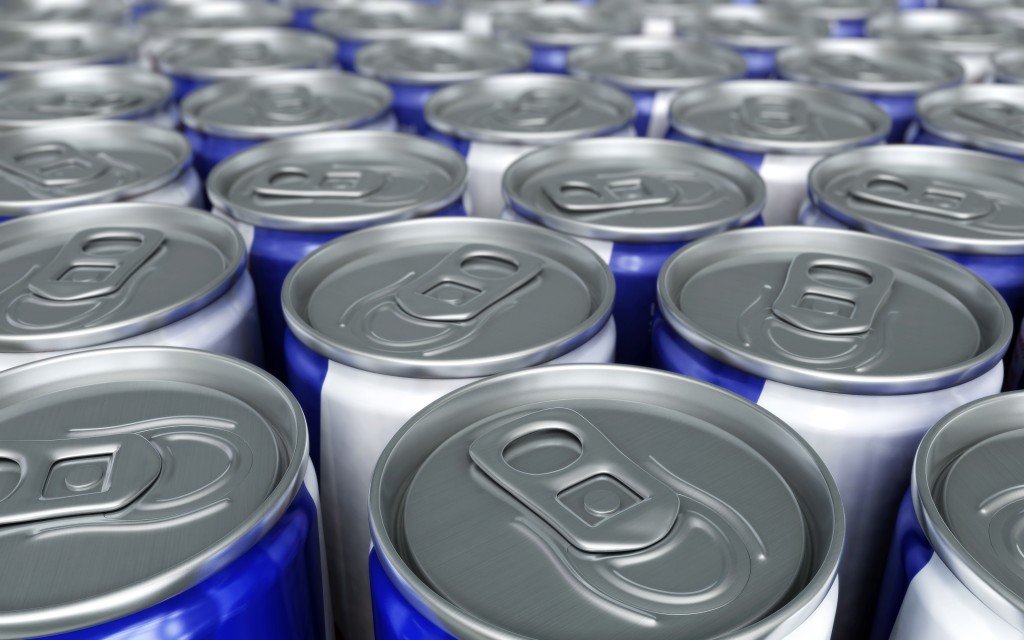Being tired is a universal complaint. We are always looking for a quick fix to energize us. Then there are energy drinks. When you see them being advertised on TV, you are really tempted to buy one. This is how the energy drink market has become a multibillion dollar industry. Sales of energy drinks in the United States grew an estimated 16 per cent last year to $8.9 billion, a record level, according to Beverage Digest, a trade publication.
For example, 5-Hour Energy drink is supposed to provide you with immediate boost in your energy level. The drink has no sugar and only four calories. So, where does the energy boosting ingredient come from? It is caffeine. But the company does not tell us how much caffeine is in the drink.
Rockstar Energy, 5-Hour Energy and Monster Energy are marketed as dietary supplements. Other energy drinks like Red Bull, NOS and AMP are marketed as beverages. There isn’t a mandatory reporting requirement for beverages to let you know how much caffeine is in the product, though makers can do so voluntarily.
Now the Food and Drug Administration (FDA) is looking into it. On November 16, 2012 NBC news reported, “The federal government and the New York Attorney General’s office have announced that they are investigating the popular energy drink after the Food and Drug Administration received claims that 5-Hour Energy has over the past four years led to 13 deaths and 33 hospitalizations.”
The FDA has received 92 reports over four years that cite illnesses, hospitalizations and deaths after consumption of 5-Hour Energy. The FDA is also looking into highly caffeinated Monster Energy Drink. The FDA has received reports that Monster Energy Drink may be responsible for five deaths and one nonfatal heart attack. The FDA warns that this is just a preliminary investigation as direct effect of deaths to these drinks has not been established so far. The agency is cautioning consumers that these “energy shots” or “energy drinks” are not alternatives to rest or sleep.
In 2010, makers of caffeinated alcoholic drinks took those products off the market after the FDA sent the companies warning letters saying that combinations of caffeine and alcohol in the drinks was a public health concern and could lead to alcohol poisoning, car accidents and assaults, says NBC news.
The New York Times first reported that 13 deaths were linked to 5-Hour Energy. Since 2009, 5-Hour Energy has been mentioned in some 90 filings with the FDA, including more than 30 that involved serious or life-threatening injuries like heart attacks, convulsions and, in one case, a spontaneous abortion.
We do not know how much caffeine is in Monster Energy and 5-Hour Energy. But a recent article published by Consumer Reports placed that level at about 215 milligrams, says the Times report. An eight-ounce cup of coffee, depending on how it is made, can contain from 100 to 150 milligrams of caffeine. Maximum amount of caffeine you can consume safely a day depends on how sensitive your body is to caffeine. Caffeine is a drug. Use it carefully. Instead of being energized, you may be dead resting for ever.
Start reading the preview of my book A Doctor's Journey for free on Amazon. Available on Kindle for $2.99!
